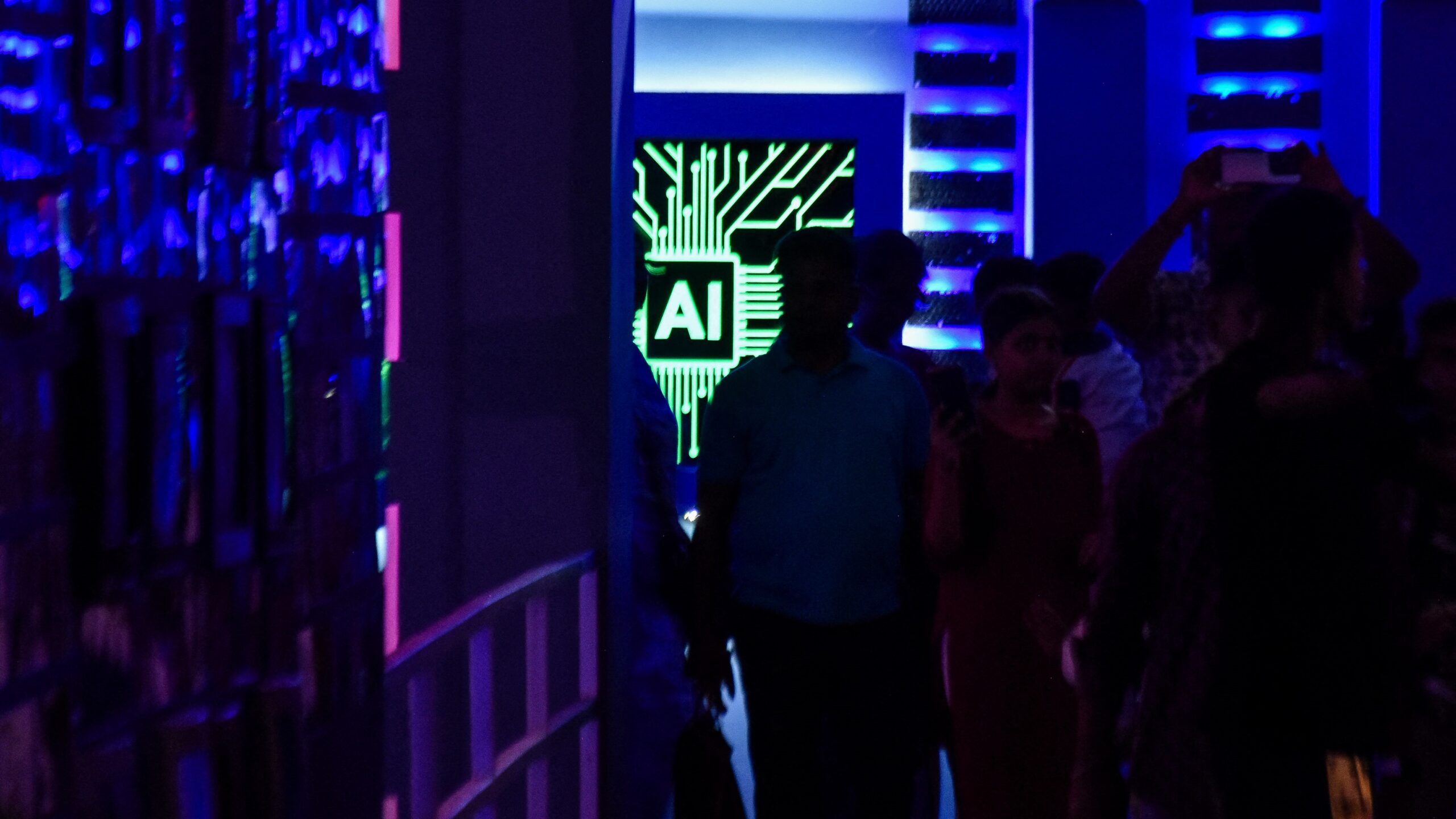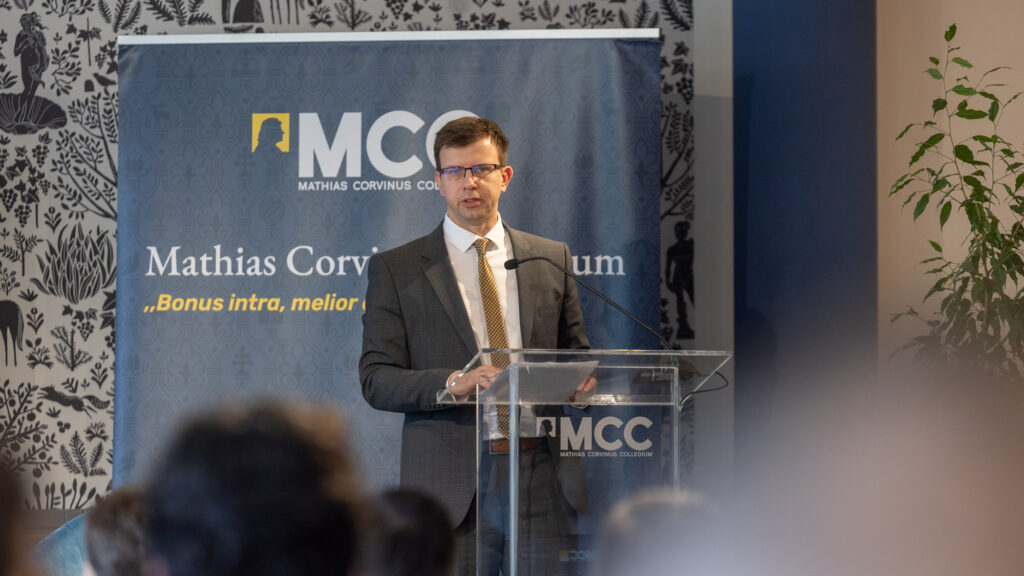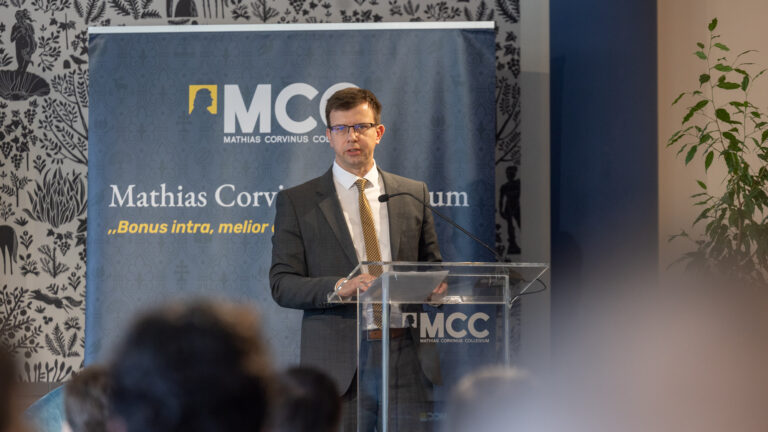Hungarian employees are increasingly optimistic about the impact of artificial intelligence on the labour market. According to the latest joint study by BNP Paribas Cardif Insurance and Medián, the proportion of people fearing that AI will threaten their jobs has dropped sharply compared to last year. The survey also shows that workers’ confidence in their job security and employability has remained steady, despite global uncertainty and rapid technological change.
The BNP Paribas Cardif Labour Market Stability Index, which measures employees’ perceptions of workplace stability, recorded a value of 76 points in the third quarter of this year, showing only a marginal decrease from the previous year. Around 73 per cent of respondents believe that their employer will still be operating in more than five years, while only 10 per cent think its lifespan may be limited to just two or three years.
When it comes to personal job security, 56 per cent of employees are confident that their current positions will remain stable for over five years, a small decline compared to 2023. However, the share of those who expect shorter job durations, between two and three years, has risen to 18 per cent.
The index assessing how easily people believe they could find new employment after losing their jobs stayed unchanged at 62 points. While 18 per cent of respondents think it would be difficult to find another suitable job, 24 per cent believe they could do so easily—a slight increase from last year.
‘The data clearly show a growing sense of optimism among Hungarian employees about the stability of their jobs,’ CEO of BNP Paribas Cardif Hungary Márk István Kiss said. ‘We also see a more balanced view of artificial intelligence, with workers expecting it to make their jobs more efficient rather than replace them.’
The findings confirm this shift in attitude. While in 2023, 80 per cent of respondents predicted that AI would reduce the need for human labour, this share has now fallen to 59 per cent. Meanwhile, 27 per cent expect demand for workers to remain similar to current levels, and 74 per cent believe AI will make work easier and more effective.
Hungarians also appear less convinced that the technology will transform their lives immediately. The number of people expecting major changes within five years has dropped from 58 to 52 per cent, while those who think significant impacts will take at least a decade have doubled to 19 per cent. Still, one-third of respondents believe AI will fundamentally change everyday life, suggesting that awareness of its long-term influence is rising.
The BNP Paribas Cardif Labour Market Stability Index, created in partnership with Medián in 2014, tracks how secure employees feel in their jobs and how confident they are in their ability to find new employment. Based on the responses of 1,200 adults representing the Hungarian population, the index remains an important measure of public sentiment toward the country’s labour market resilience in a rapidly changing technological era.
Related articles:







